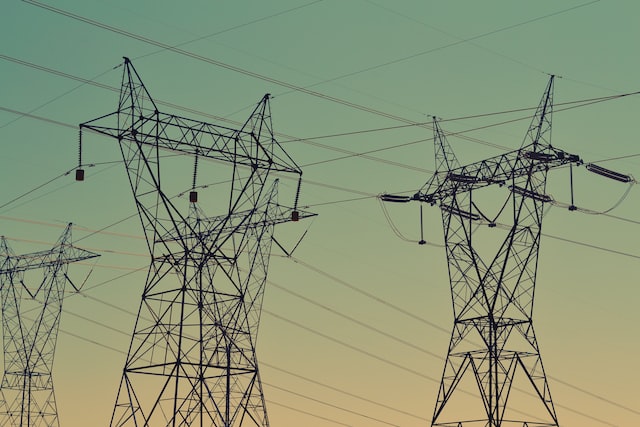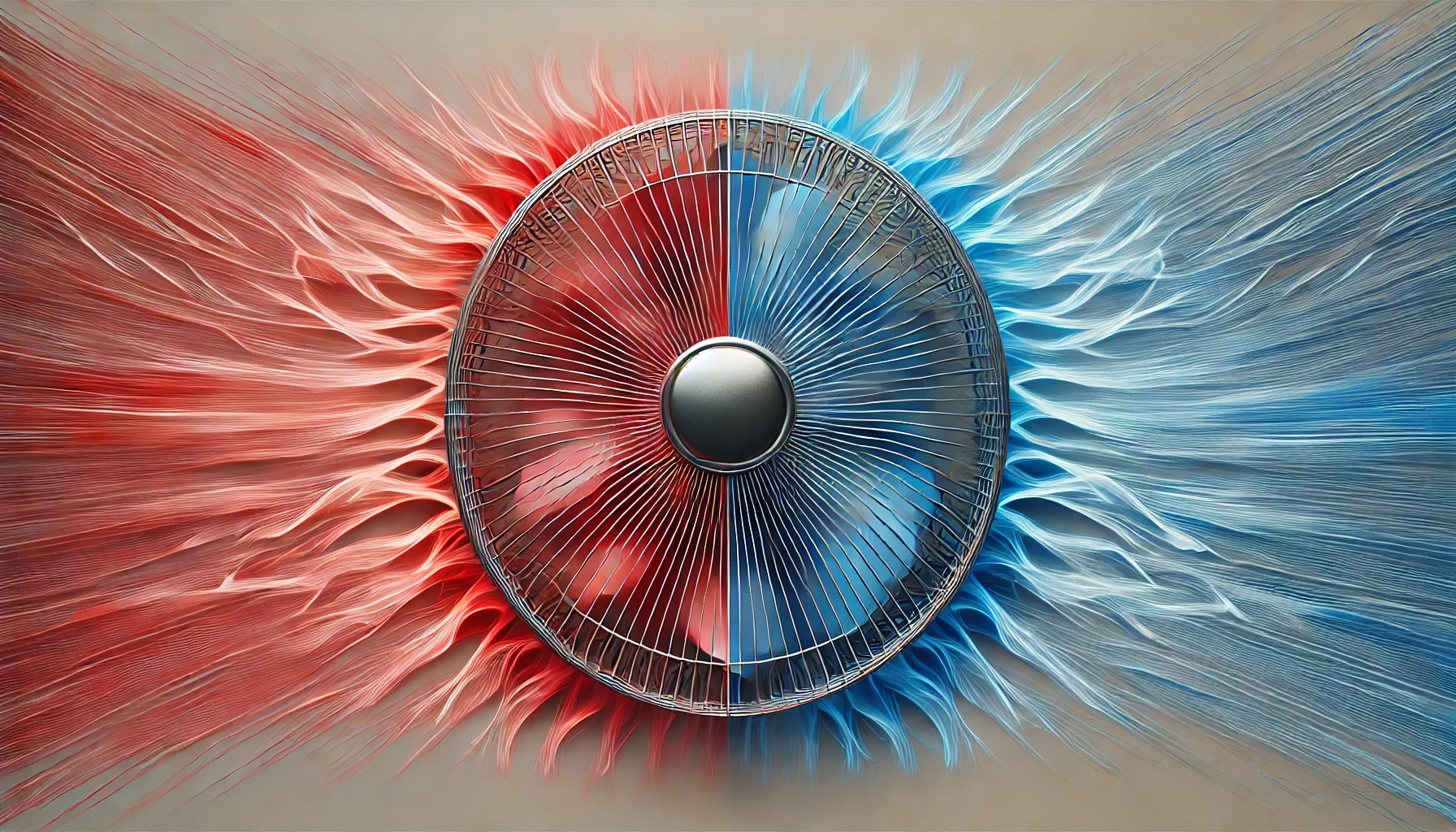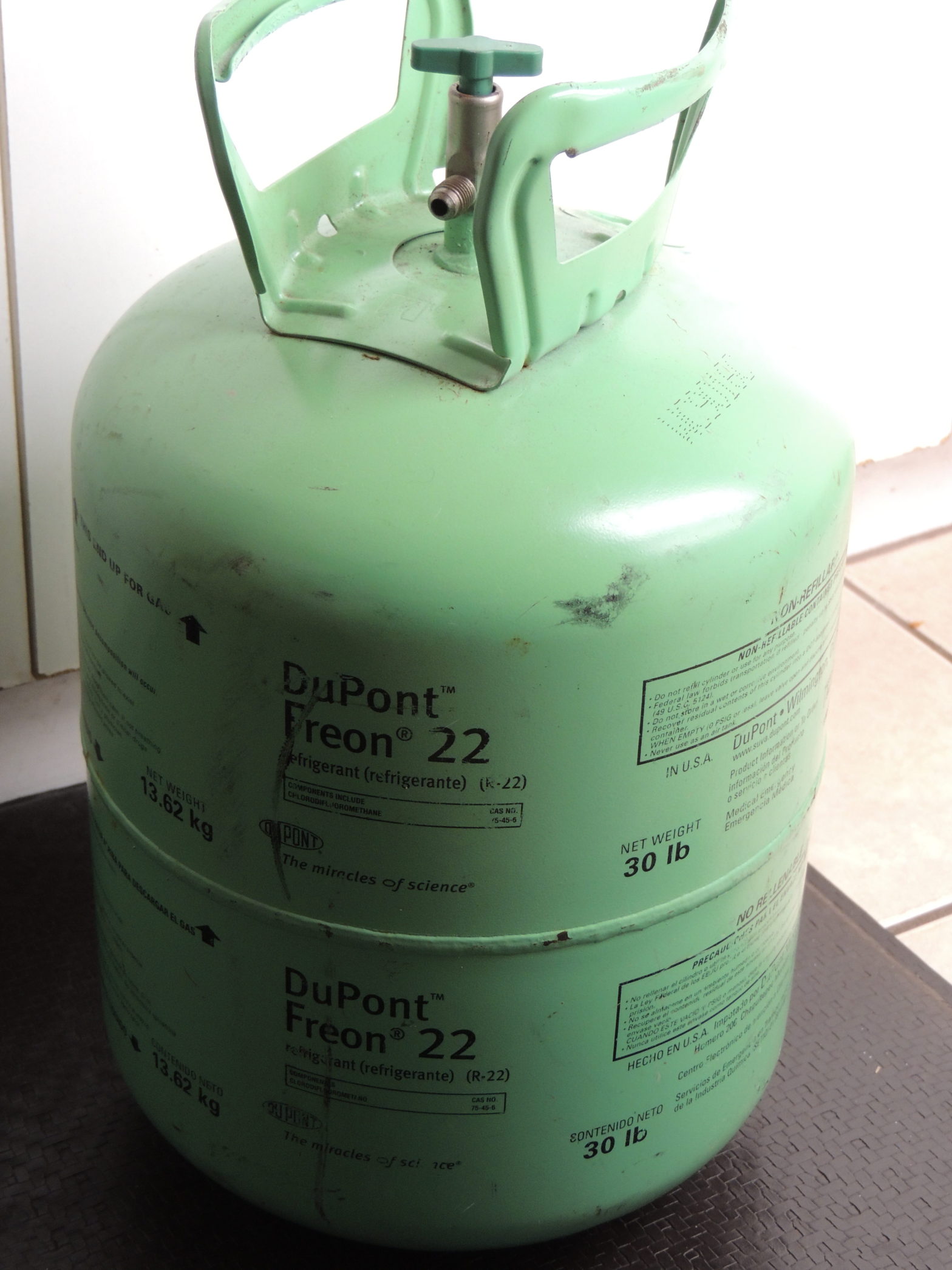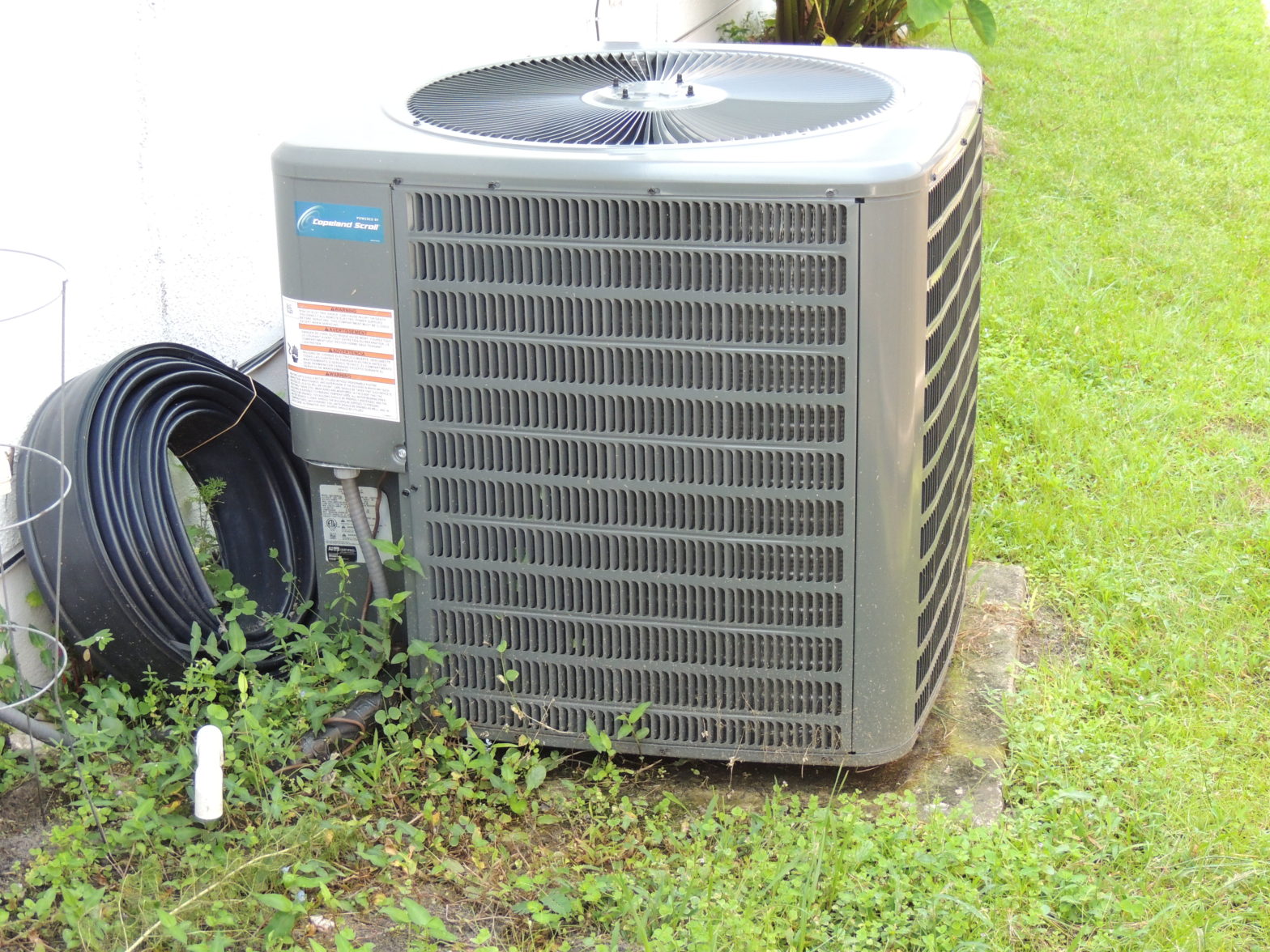What is SEER2? Firstly, the U.S. Department of Energy (DOE) has stepped in to improve the efficiencies of the equipment used in HVAC to cool and heat our homes. Also, the DOE has the authority to establish minimum efficiency standards for air conditioning (AC) and heat pump (HP) equipment. Consequently, the next set of energy efficiency increases, Seasonal Energy Efficiency Ratio 2 or SEER2, will impact newly-manufactured residential and commercial equipment and will take full effect on January 1, 2023. Changes are here now for single-phase residential and light commercial central air conditioning systems, the requirements will vary by region.

“Seasonal Energy Efficiency Ratio 2 SEER2 is the total heat removed from the
conditioned space during the annual cooling season, expressed in Btu, divided by the total
electrical energy consumed by the air conditioner or heat pump during the same season,
expressed in watt-hours.”
The Office of Energy Efficiency and Renewable Energy, Department of Energy worked to put together new testing procedures to make this improvement. Furthermore, with new rule making changes, this improvement came about.
What is the difference between SEER and SEER2? Quite a few things to begin with. The static pressure inside the duct work increased verses the old SEER testing. The goal of new SEER2 testing procedures is to better represent external conditions seen in the field. Current SEER testing does not accurately emulate the influence of duct work and external static pressure on HVAC products. Because of this, it is not often representative of real-world applications.
At the end of the day, all of this will help us use less energy. We all would be happy with lower power bills!
Have you evaluated your HVAC system in your home? You might want to consider replacement. Start with a repair vs replace calculator. Make the first step in saving money and the environment.
Discover more from Ask The AC Expert
Subscribe to get the latest posts sent to your email.



